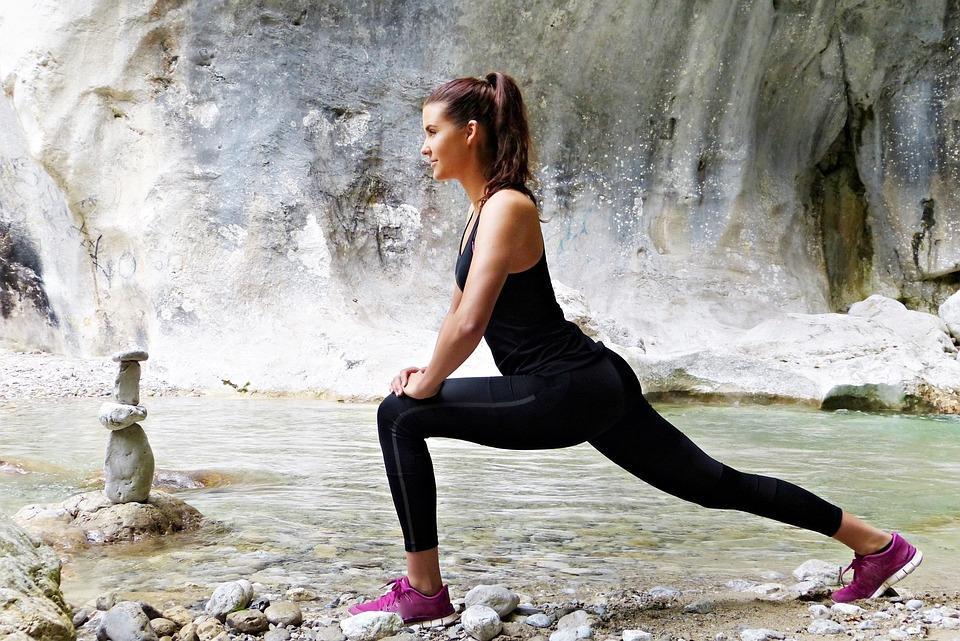Mindfulness techniques can transform your mental health. They offer a way to reconnect with yourself, grounding you in the present. In a world that often feels chaotic and overwhelming, these practices can bring clarity and calmness into your life. But what exactly is mindfulness? It’s about being fully aware of your thoughts, feelings, and environment without judgment. This awareness can lead to reduced stress, better emotional regulation, and improved overall well-being. Let’s dive into seven powerful mindfulness techniques that can uplift your mental health.
Contents
1. Breath Awareness: Your Anchor to the Present
Breath awareness is a simple yet effective technique. Just pause and take a deep breath. Feel the air filling your lungs, then slowly let it out. This isn’t just a quick fix; it’s a powerful tool.
- How to Do It:
- Find a quiet space.
- Sit comfortably.
- Close your eyes and take a deep breath in through your nose, hold it for a moment, and exhale slowly through your mouth.
This practice helps center your thoughts and reduces anxiety. Research shows that focusing on your breath can lead to lower stress levels and enhance emotional resilience.
2. Body Scan: Tune Into Your Physical Self
A body scan is a technique that helps you connect with your physical sensations. It’s a way to check in with your body and identify areas of tension or discomfort.
- How to Do It:
- Lie down or sit comfortably.
- Close your eyes and take several deep breaths.
- Starting from your toes, notice how each part of your body feels. Move slowly up to your head, acknowledging any areas of tension.
This practice not only reduces stress but also fosters a deeper understanding of your body. According to the American Psychological Association, mindfulness practices like the body scan can improve psychological well-being and promote relaxation.
3. Mindful Walking: Ground Yourself in Motion
Mindful walking turns an everyday activity into a meditative practice. It’s a way to connect with your surroundings while moving your body.
- How to Do It:
- Choose a quiet place where you can walk without distractions.
- As you walk, focus on the sensation of your feet touching the ground.
- Notice the sounds around you, the feeling of the breeze, and the sights you encounter.
This technique can elevate your mood and clear your mind. A study published in the Journal of Happiness Studies found that walking mindfully can lead to increased feelings of happiness and reduced anxiety.
4. Journaling: Expressive Release
Journaling is a beautiful way to process your thoughts and emotions. It’s a personal space where you can explore your feelings without judgment.
- How to Do It:
- Set aside time each day to write.
- Don’t worry about grammar or structure; just let your thoughts flow.
- Reflect on your day, your feelings, and anything that’s on your mind.
Writing can be therapeutic. Research from the University of Texas at Austin suggests that expressive writing can help alleviate stress and improve mental health. It’s about finding clarity and understanding within yourself.
5. Gratitude Practice: Shift Your Perspective
Focusing on gratitude can significantly enhance your mental health. It’s about acknowledging the positives in your life, no matter how small.
- How to Do It:
- Every evening, write down three things you’re grateful for.
- Reflect on why these things matter to you.
- Consider sharing your gratitude with others; it strengthens connections.
Studies show that practicing gratitude can lead to increased happiness and reduced depression. The Greater Good Science Center at UC Berkeley highlights that gratitude can enhance emotional well-being and foster resilience.
6. Mindful Eating: Savor Every Bite
Mindful eating encourages you to slow down and truly enjoy your food. It’s about paying attention to the experience of eating, rather than rushing through it.
- How to Do It:
- Sit at a table without distractions.
- Focus on the colors, textures, and flavors of your food.
- Chew slowly and savor each bite, noticing how it makes you feel.
This technique can lead to healthier eating habits and a better relationship with food. A study in the journal Appetite found that mindfulness during meals can help reduce binge eating and promote healthier choices.
7. Guided Meditation: Follow the Flow
Guided meditation can be an excellent entry point into mindfulness. It provides structure and direction, making it easier to focus your mind.
- How to Do It:
- Find a quiet space and choose a guided meditation that resonates with you.
- Use apps like Headspace or Calm, or find free resources online.
- Follow along, letting the guide lead you through relaxation and visualization.
This practice can reduce anxiety and enhance emotional well-being. The National Center for Complementary and Integrative Health notes that meditation can lead to improved mental health outcomes, including decreased anxiety and depression.
Bottom Line
Incorporating these mindfulness techniques into your daily routine can profoundly impact your mental health. Each technique offers unique benefits, allowing you to choose what resonates with you. Remember, mindfulness is a journey, not a destination.
Start small, be kind to yourself, and explore these practices at your own pace. You deserve the peace and clarity that mindfulness can bring to your life.
Feeling inspired? Why not try one or more of these techniques today? Your mental health is worth the investment.
FAQs
Q: How often should I practice mindfulness?
A: Begin with a few minutes daily and gradually increase your practice as you feel comfortable.
Q: Can mindfulness help with anxiety?
A: Yes, mindfulness techniques have been shown to reduce anxiety and improve emotional regulation.
Q: Do I need special training to practice mindfulness?
A: No, these techniques can be practiced by anyone, anywhere, with just a little guidance.
For further reading, check out resources from the American Psychological Association, National Center for Complementary and Integrative Health, and the Greater Good Science Center. Embrace your journey into mindfulness; your mind and body will thank you!
Get Your FREE Natural Health Guide!
Subscribe now and receive our exclusive ebook packed with natural health tips, practical wellness advice, and easy lifestyle changes, delivered straight to your inbox.




